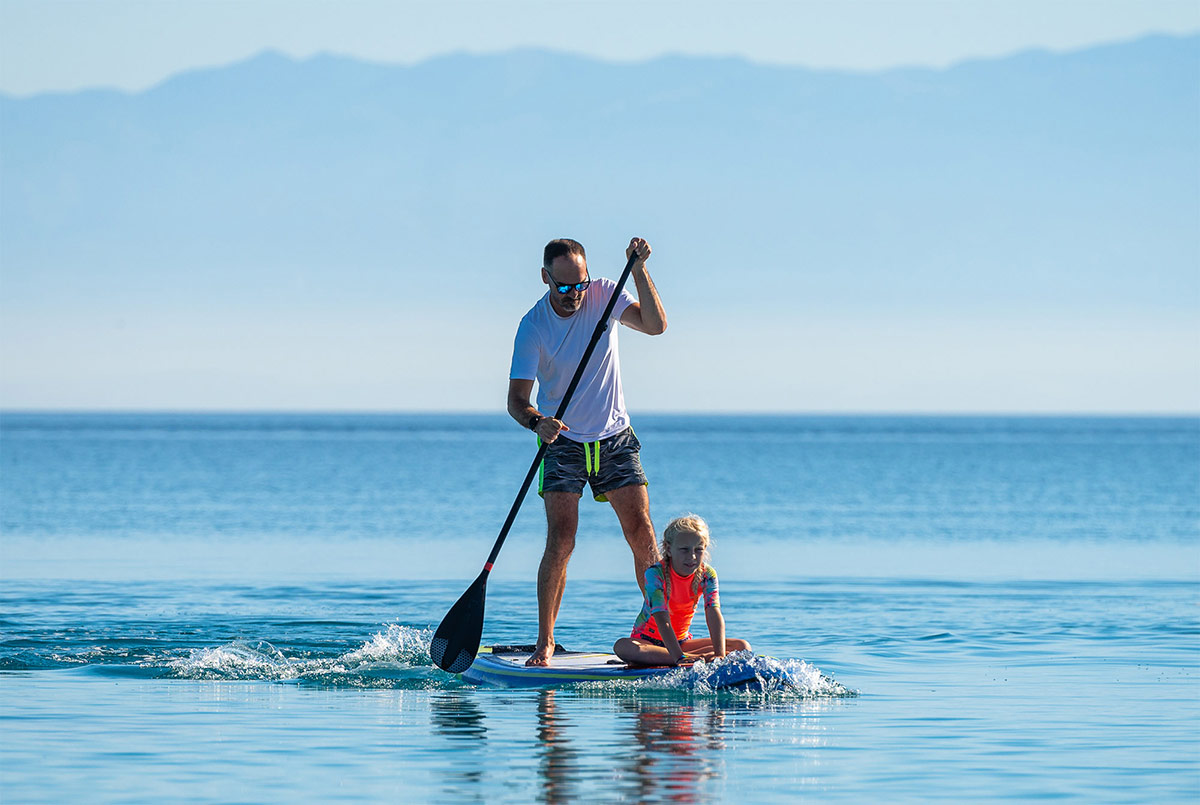More than a minimum viable product or MVP, we’re designing love and delight into our platform.
A minimal viable product or MVP is generally the minimum a service needs to be to prove an idea works and presents promise of something more scalable. Or otherwise, a product worth investing more time and money in.
Product and platform designers rarely launch with their final concept, as you learn to rely and thrive on feedback generated by real users in the community to help shape the desirability of the platform. Real users will test and reshape assumptions based on what they really do with your product, which is completely different than what they say they will do. The customer is always right of course, but you can never completely rely on their opinions. But relying on what they ‘do’ however can generally be taken to the bank, and we mean that literally.
One of the core components we’re testing for Toy and Tool is enjoyment and delight. We’re betting on the things that allow us to experience happiness and fulfillment, which could be an activity as common as bicycling, surfing, or horseback riding. The crux of the situation of course is that all of these activities require particular items to help fulfill those experiences. Regrettably to satisfy any of those activities on a whim is far from easy without the right equipment, and disappointingly, the services are not always available or affordable in our community to satisfy those experiences.
How the Toy and Tool model works is by encouraging people with access to the items necessary for an experience to share them with others in a community. Why would they share these items? Precisely for the same reasons why we all don’t have these items ourselves… cost, or more pointedly, the cost of ownership. Cost of ownership is the greatest problem our Toy and Tool model resolves and one of the biggest reasons we’re betting on its’ success.
To better understand cost of ownership from the Toy and Tool perspective let’s play devils advocate for a moment. In larger communities you can very likely rent things like bicycles, surfboards and even a horse to go horseback riding. People will say that if these businesses exist why would I rent these things from someone in my community? Great question and the answer is cost of ownership.
A private individual is simply looking to offset the cost of ownership of the item they possess as opposed to running a business with overhead and profit margins to maintain. As long as renting the item is worth their time to do so and they’re not using the item themselves then they’re likely ahead. The greater the cost of ownership and burden the item has on the individual, the more likely they are to rent the item out, and subsequently the more likely they are to find a like minded individual who would much rather rent the same item as opposed to buying it for themselves. And as the item owner is simply looking to recover costs, they can generally charge much less making the item more affordable to rent than from an established business.
Now back to delight and encouraging folks to dream big. To truly test our platform and to encourage others to get involved, we need to prove the idea works by demonstrating ourselves how the idea will work. But why is delight important. Delight for us means providing individuals with the opportunity to enjoy an experience that they otherwise could not afford, or would have to wait a long time before they could afford. It’s true that the experience they’re looking for cannot be physically experienced on the platform but it can be experienced emotionally by providing the promise that such an experience is possible in their community and perhaps even available to them on whim.
Realizing that such an experience is available to them both affordably and in their vicinity, is when we want the user to take in a quick gasp of air, smile uncontrollably, and immediately change their plans for the weekend. This is delight, and the emotion we need and want to induce for our Minimal Lovable Platform to work.
So what are our next steps?
We’re going to launch carefully and minimally in order to measure the effect while maximizing the outcome of every step we take. We know there will be risks and problems, and we want those problems to surface as soon as possible while we’re still small so we can solve those problems before we scale.
While we’re looking to solve the obvious problems, we’d love our community to contribute ideas to the experiences that would delight them. Personally speaking I have a family of five and there’s a lot of stuff we’d love to experience that we realistically understand we could never afford ourselves. For my family, I’m using the opportunity, some would say the excuse, to purchase some of the quality items we always wanted to enjoy and then will leverage the Toy and Tool platform to help offset the cost of those items. Delight of course is a big factor and although I always wanted a helicopter we still need to think a little smaller first.
With that, if you have ideas please share them with us.

15,206 Comments